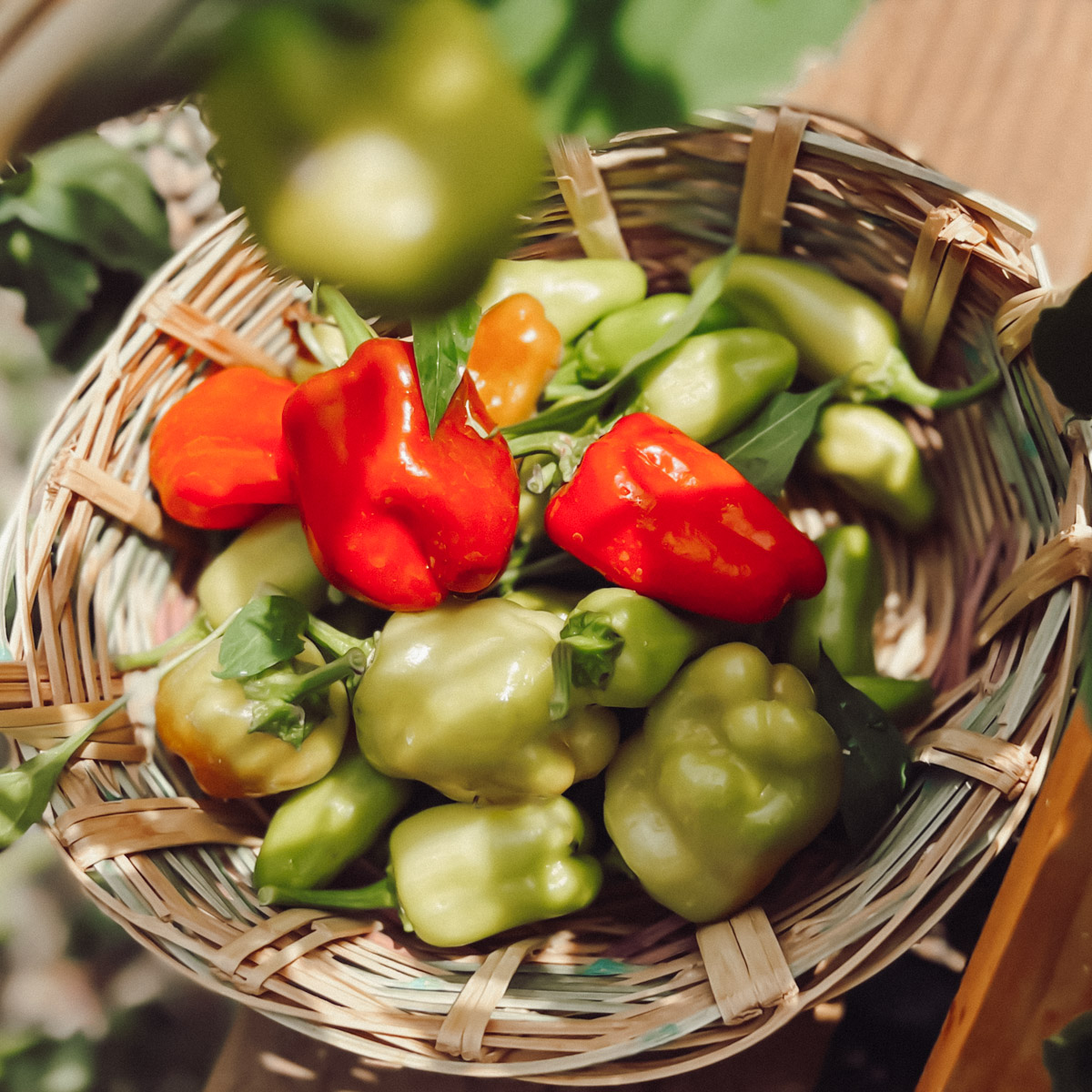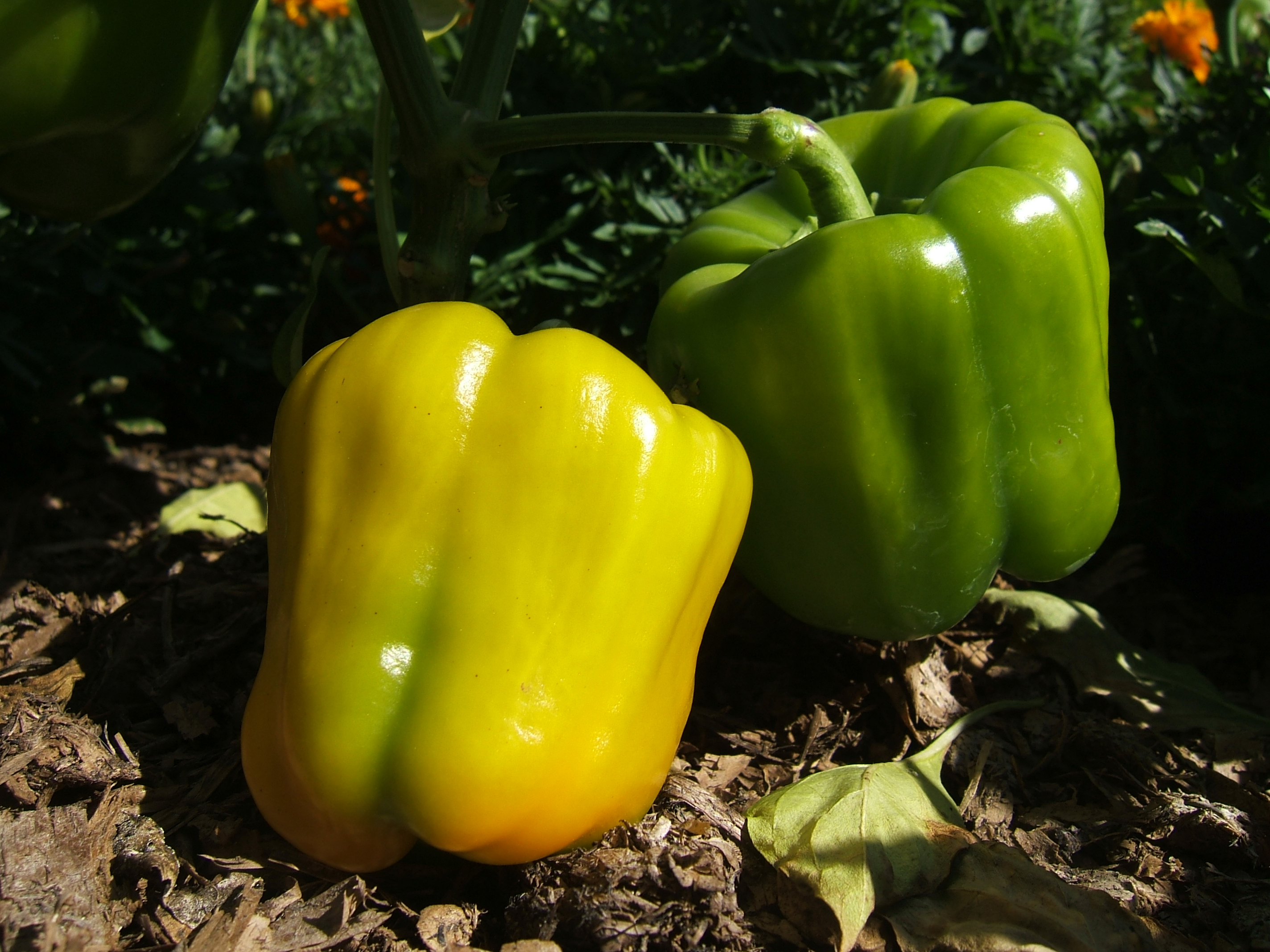Uncover the Best Fertilizers for Peppers: Vital Nutrients for Prospering Plants
Uncover the Best Fertilizers for Peppers: Vital Nutrients for Prospering Plants
Blog Article
Organic Vs. Synthetic Fertilizers: Which Is Best for Nurturing Healthy Pepper Plants?
In the world of supporting healthy pepper plants, the choice in between natural and synthetic fertilizers stands as a pivotal choice with far-ranging ramifications. While both options aim to give necessary nutrients to support plant growth, the subtleties of their effect on the dirt, plant wellness, and the atmosphere spark a discussion that echoes throughout the gardening area. Comprehending the distinct benefits and potential challenges of each fertilizer kind is vital for pepper growers looking for to enhance their returns while preserving a sustainable and eco-conscious approach.
Advantages of Organic Plant Foods
Organic fertilizers use a lasting and environmentally-friendly technique to beneficial pepper plants, giving essential nutrients without using artificial chemicals. These natural fertilizers are originated from natural resources such as compost, manure, bone dish, and seaweed, advertising dirt health and wellness and biodiversity. Unlike synthetic fertilizers, natural choices launch nutrients slowly, making sure a well balanced and stable supply for pepper plants to flourish.
One significant advantage of organic plant foods is their capability to boost soil structure and water retention. By improving dirt health, organic fertilizers advertise beneficial microbial activity, which helps in nutrient uptake by pepper plants. In addition, organic fertilizers minimize the threat of chemical run-off, safeguarding water sources from air pollution and protecting the atmosphere.
In addition, natural fertilizers add to long-lasting dirt fertility by advertising the development of advantageous soil organisms. These organisms assist damage down natural issue, launching nutrients in a form that is easily available to pepper plants. best fertilizers for peppers. By promoting a healthy and balanced soil environment, natural plant foods sustain lasting pepper farming techniques that profit both plants and the setting
Downsides of Artificial Plant Foods
Artificial fertilizers, in contrast to their natural counterparts, pose numerous downsides when utilized to nourish pepper plants, influencing both plant health and wellness and environmental sustainability. One significant disadvantage of synthetic plant foods is their tendency to seep nutrients from the soil quickly.
In addition, the overuse of artificial fertilizers can add to water contamination. Excess fertilizers not soaked up by plants can wash away right into water bodies, bring about eutrophication, where algae flowers deplete oxygen degrees in the water, harming marine life. Additionally, artificial fertilizers are generally acquired from non-renewable resources, such as fossil gas, adding to carbon discharges and environmental deterioration during their manufacturing.
Nutrient Absorption Contrast
When contrasting natural view it now and artificial plant foods in terms of nutrient absorption, organic plant foods have the benefit of providing a more balanced and slow-release source of nutrients. Organic fertilizers consist of a selection of macro and trace elements that are not just advantageous for the plants however likewise promote healthy and balanced dirt microbial task, which helps in nutrient uptake.
In addition, organic fertilizers enhance soil framework and water retention capacity, allowing pepper plants to access nutrients more efficiently. This better dirt high quality assists in origin development, enabling much better nutrient absorption. Artificial plant foods, although initially increasing plant growth due to their high nutrient concentrations, may impede lasting nutrient absorption by degrading dirt health and wellness gradually.
Ecological Impact Considerations

On the other hand, artificial fertilizers, although frequently even more focused and right away available to plants, can have damaging effects on the setting if not used correctly (best fertilizers for peppers). Their manufacturing needs high power inputs, resulting in greenhouse gas exhausts and adding to environment modification. The overflow of excess artificial fertilizers can pollute water resources, leading to eutrophication and damaging More Help aquatic environments.
Ideal Plant Food Practices for Peppers
To accomplish this, it is necessary to adhere to best fertilizer practices tailored to the specific needs of pepper plants. One essential practice is to perform a soil examination prior to using any type of fertilizers.
Another important method is to fertilize pepper plants at the correct time. Generally, peppers take advantage of receiving plant food at growing and afterwards again when they start to blossom. Over-fertilizing can cause nutrition discrepancies and harm the plants, so it is crucial to comply with suggested application rates.
In addition, picking a balanced fertilizer with an NPK proportion that fits pepper plants' demands is essential. Organic fertilizers, such as compost or manure, can be exceptional choices as they release nutrients slowly and improve soil structure gradually. Artificial plant foods can provide a fast nutrient increase when required. Eventually, integrating artificial and natural plant foods deliberately can assist nurture healthy and balanced pepper plants while reducing environmental effect.
Conclusion

Organic plant foods supply a sustainable and environmentally-friendly approach to nourishing pepper plants, supplying essential nutrients without the use of artificial chemicals. Unlike artificial fertilizers, organic choices launch nutrients gradually, guaranteeing a balanced and stable supply for pepper plants to prosper.
Artificial plant foods, in contrast to their organic counterparts, present numerous disadvantages when utilized to nourish pepper plants, affecting both plant wellness and ecological sustainability. When contrasting artificial and organic plant foods in terms of nutrient absorption, natural plant foods have the benefit of giving a more balanced and slow-release source of nutrients.Additionally, organic fertilizers improve soil structure and water retention capability, enabling pepper plants to accessibility nutrients more efficiently.
Report this page